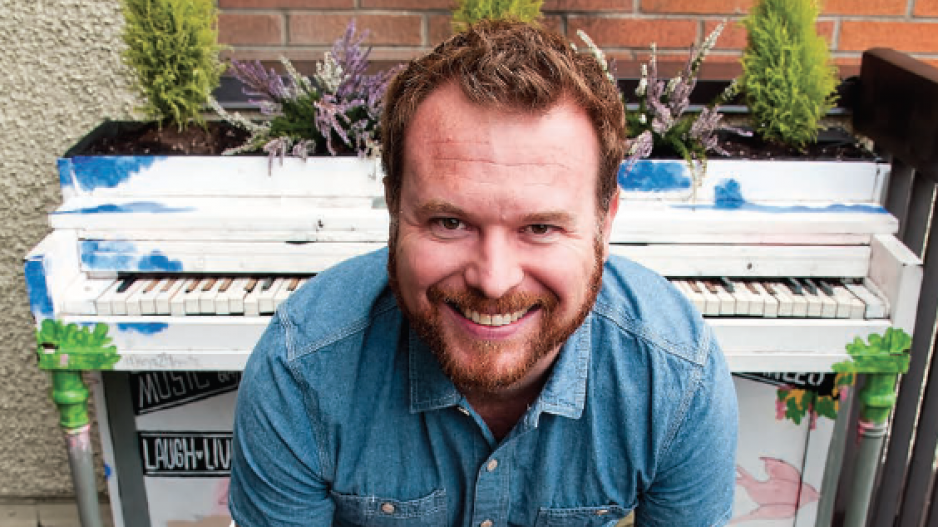Chris Brandt has a unique business model for students at his music business program at the British Columbia Institute of Technology, one that he practises with his own charitable foundation, Music Heals.
Call it the Grateful Dead approach.
The 1960s California rock band was years ahead of its time when it comes to marketing and branding, and people in business can learn a lot from them, Brandt said.
“The Grateful Dead were the kings of social media decades before we used the term,” said Brandt, a former record company sales and marketing employee. “The Deadheads were engaged with the band through the clothes, the drugs, the community, the bootleg albums, the parties and, of course, the music. It was a culture, a tribe.
“Today, marketing is really tribe-building. You get people involved not by constantly telling them your message or that you want their money; with social media, only 20% of your message should be ‘buy my album’ or ‘support my charity.’ The other 80% should be providing things people find entertaining or useful.”
His advice to would-be marketers: “Don’t sell. Create a community around something you have in common with your audience or your customers.”
Music Heals, which raises money for and awareness of music therapy, has just begun its third year of operation.
In those first two years the organization, launched by property developer and board president David Barnett, donated more than $250,000, enough to pay for more than 6,600 therapist hours with clients. (Music therapy in Canada gets no government money.)
Therapists use music to treat people with physical and psychological problems; their work takes them to palliative care facilities, nursing homes, burn units and hospitals, and their clients include autistic children, at-risk youths, severely injured individuals and seniors suffering from memory loss and dementia. A $15,000 grant from Music Heals will fund one day of music therapy a week for a full year, equating to 400 patient visits.
In 2014, Music Heals had revenue of $334,637, spending $61,541 on administration (Brandt is the only salaried employee, though the foundation will hire two part-time staff this month), and made donations of $150,000. The office on West Broadway is provided by Barnett’s company.
While Brandt models Music Heals on the Grateful Dead approach, he works closely with businesses and corporations, something Jerry Garcia never did. For a program called the iPod Pharmacy, Music Heals collects donated iPods to be used by music therapists.
Skullcandy gives it free headphones, and various companies can chip in; for example, Blenz Coffee collected iPods at 62 Blenz locations, promoting the collection campaign by giving away free coffee. Touring artists collect iPods at shows. For the annual Night Out for Music Heals, held in March, nightclubs across the country donate $1 for every person who comes to their venue.
“It’s a reciprocal relationship,” Brandt said. “We promote every bar or restaurant that participates in the program.”
Gemma Isaac, president of the Music Therapy Association of BC, said Music Heals has been a “driving force” to bring awareness to music therapy.
“Music Heals’ ability and strength to harvest the hype and raise funding and support for the profession enables accredited music therapists to reach more clients, providing positive changes in those lives through music therapy sessions,” Isaac said.
Brandt wants Music Heals to be known as a foundation that goes beyond simply providing a company with a charitable tax receipt. He wants to be able to promote the donor as well.
On October 22, Music Heals will stage its second annual Strike a Chord fundraiser at the Imperial on Main Street. Tickets are $150, $100 of which can be used as a charitable tax receipt. Last year’s show raised $50,000.
In the coming months, Music Heals will launch a record company, Kitsilano Records, to be run by Kiley Hendriks, known by stage name Prevail, of hip-hop group Swollen Members.•




